Establishing and buying a master franchise in Australia
By Phil Blain
The Australian economy remains extremely strong and has not really suffered from the GFC which so dramatically affected other western economies. Consequently Australia has seen an influx of overseas Franchisors wishing to take advantage of the strong trading conditions. However, the Australian franchise market is an extremely mature one with many successful home grown franchises as well as the smattering of predominantly USA based overseas franchises.
This means that competition for Franchisees is extremely strong and prospective Franchisees can be extremely selective, are far better educated than they used to be and know how to drive a hard bargain. The pool of prospective Franchisees and Master Franchisees has thus shrunk proportionately to the number of offerings and when the economy is so strong there is a distinct lack of Franchisee prospects as remaining employed is often more attractive financially than the risk of buying a franchise business.
So if you are an overseas Franchisor wishing to enter the Australian marketplace, do not hope to sell a Master franchise without considerable investigation, preparation, investment and effort. Australian’s are not gullible and long gone are the days when an overseas Franchisor can offer the national rights to a successful European or American franchise and hope that when it hits the ground in Australia it will work just as well. Also long gone is the expectation that Australians will pay big dollars for these rights unless the business is proven on Australian soil.
Consequently, if you are looking to buy a Master franchise in Australia that originated overseas the following are realistic expectations.
- The Franchisor has established a pilot operation (Company owned and run) to validate their system under Australian conditions.
- This pilot has been run for at least twelve months to iron out bugs and seasonality aspects.
- That a proper entry plan for the Franchisor and support plan for the Master and their Franchisees has been established. In other words that the Franchisor is able to demonstrate they have done their homework and do not just see Australia as a quick buck or that it is as easy to support as another state – we are half a World away! Preferably the overseas Master will have staff on the ground in Australia for a period of time to assist start up of the new venture.
- That a realistic sum is being asked for the Master Franchise rights. By way of example, unless the brand is internationally renowned a sum in excess of A$100,000 is hard to get as a down payment. BDC has seen many USA systems in particular expecting to sell rights for US$500k+ and viewing Australasia as just another state and all have failed dismally. Australians will be more attracted to a deal such as $100k down for the rights and use of the Intellectual Property, and a fee paid every time a sub franchise is granted until the higher number such as the $500k is reached.
- That the International Franchisor is not too greedy. It is the Master that is going to face most of the operating and support costs for Franchisees so he needs to be profitable to do so. Situations where the International Franchisor over gouges the Master e.g. 4% of a 10% royalty are simply untenable. 1% or 2% on a 10% royalty would be more realistic. Obviously R.O.I.’s and other financial issues such as G.P. have an effect on what is a fair and equitable fit.
- That it is absolutely clear what support the International Franchisor is going to give in the way of support with particular reference to the number of physical visits.
- That the International Franchisor has not assumed the royalty structure that applies in the home country will work the same in Australia. Our labour rates are high and complex and our rental ratios to turnovers can cripple some overseas models. BDC conducts entry plans to ensure the correct structures are in place from day one. Far better for an overseas organisation to invest in one of these than have a failure on their hands through poor planning.
- The International Franchisor has supplied Australian legal documentation under the Franchising Code of Conduct as their home documents such as UFOC’s from the USA are no longer acceptable under Australian law.
- That the Franchisor has changed their Operations Manual to suit Australian law and if not an allowance should be made for the Master to cover the cost of conducting this exercise.
- That the Franchisor is a member of the Franchise Council of Australia. This peak body does much to foster franchising and runs a slogan “Do not sign without this sign” which supports their Code of Membership. Whilst the Master could be the Member, it would carry considerable weight if the International Franchisor was already a member.
- In retail, Master Franchising has not been particularly successful in Australia with many Franchisors buying back or abandoning Master franchising as a management model.
- In service industries where the number of Franchisees is likely to be far higher, the sheer size of the Australian continent means a master franchise structure can work well and is even desirable.
- Whilst it is feasible to sell the Master rights for the whole of Australia, it is common practice for Masters in Australia to be sold for each State. But this can mean a very inequitable split as WA and SA are small states. Covering the key capital cities of Brisbane, Sydney and Melbourne makes sense for most market entrants.
- New Zealand is often included in an Australian Master deal, making it an Australasian Master. Even Fiji, Tonga, PNG or other islands can be included too as the likelihood of selling the Master separately is unlikely in most cases.
So in summary, it is imperative that any person wishing to buy a Master in Australia or bring one to Australia must do their homework. Success overseas is never a guarantee of success in Australia, albeit the risk may be substantially reduced.
Phil Blain heads the franchise development team at the Business Development Company (BDC)

